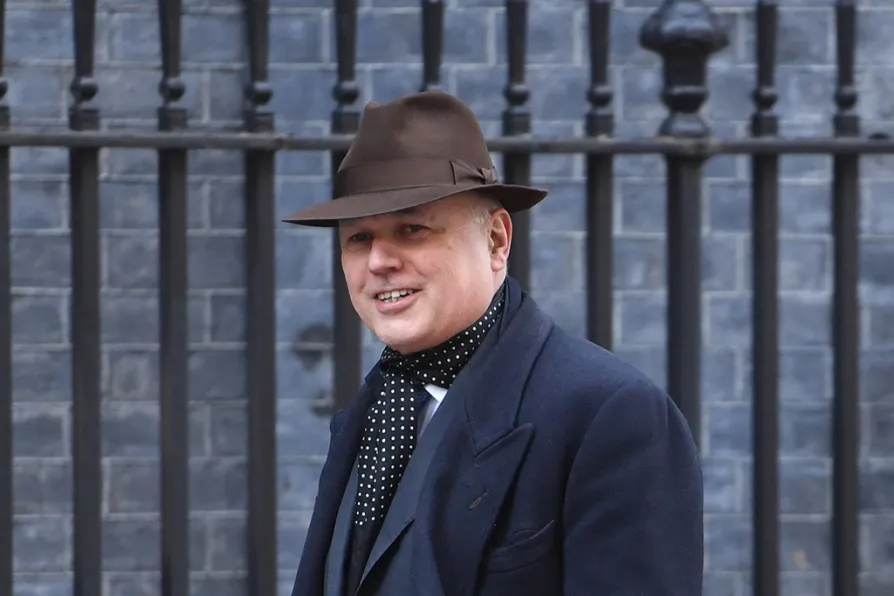Duncan Smith claims ‘he did not want’ universal credit's five-week-wait policy
However, the former work and pensions secretary said the policy should not be changed

 Universal-credit architect Iain Duncan Smith
Universal-credit architect Iain Duncan Smith
UNIVERSAL-credit architect Iain Duncan Smith admitted today that the five-week-wait policy was not his plan and that he “did not want it” – but does not think it should be changed.
The former work and pensions secretary was grilled by MPs on the delay in payments, one of the most damaging elements of the scheme that has been a major driver in foodbank use.
He said that the five-week wait was “never originally part of the structural plan” of universal credit, which he devised in 2010, as he answered questions from the work and pensions committee.
Similar stories

Far from addressing the causes of ill-health and disability, Starmer, Reeves and Kendall are committed to unleashing more misery for disabled people, argues Dr DYLAN MURPHY

Campaigners warn DWP proposals could be counterproductive and create a two-tier justice system












